文化的多样与多元是人类文明的伟大成就。全球化背景下,世界联系日益紧密,多元化是确保文化多样性的前提和保障。对于个人而言,文化决定我们的身份认同,关乎存在。如果我们缺乏开放与反思的意识,那么文化上的分歧必将导致对立与紧张。事实上,民粹主义和民族主义的再度兴起,已令我们日益陷入文化的冲突。而对互联网的割裂与操控,也必将使其逐渐沦为分散而封闭的系统,进而阻碍甚至是破坏人类社会文化的多元与进步。
2016年12月7日,第十一届联合国互联网治理论坛(Internet Governance Forum)“保护网络文化多样性,促进交流互鉴”开放性分论坛在墨西哥哈利斯科州瓜达拉哈拉市成功举行。此分论坛由中国国家互联网信息办公室、中国互联网发展基金会主办,国家网信办国际合作局、国家网信办网络社会工作局指导,中国文化网络传播研究会承办。本次分论坛以“保护网络文化多样性,促进交流互鉴”为主题,寻求网络文化保护的新途径,探讨国际网络文化交流互鉴的方法和方向。太和智库欧洲研究中心主任、前世界经济论坛联席董事、德国Poly Terra公司CEO托斯登·耶里尼克(Thorsten Jelinek)博士代表太和智库在分论坛上发言,从中国文化这一具象化的视角切入,对人类文化的多样性和多元化所面临的挑战进行了初步探讨,并对互联网的割裂与操控及其负面效应进行了富有启发性的分析。下面请看他对有关问题的阐述。
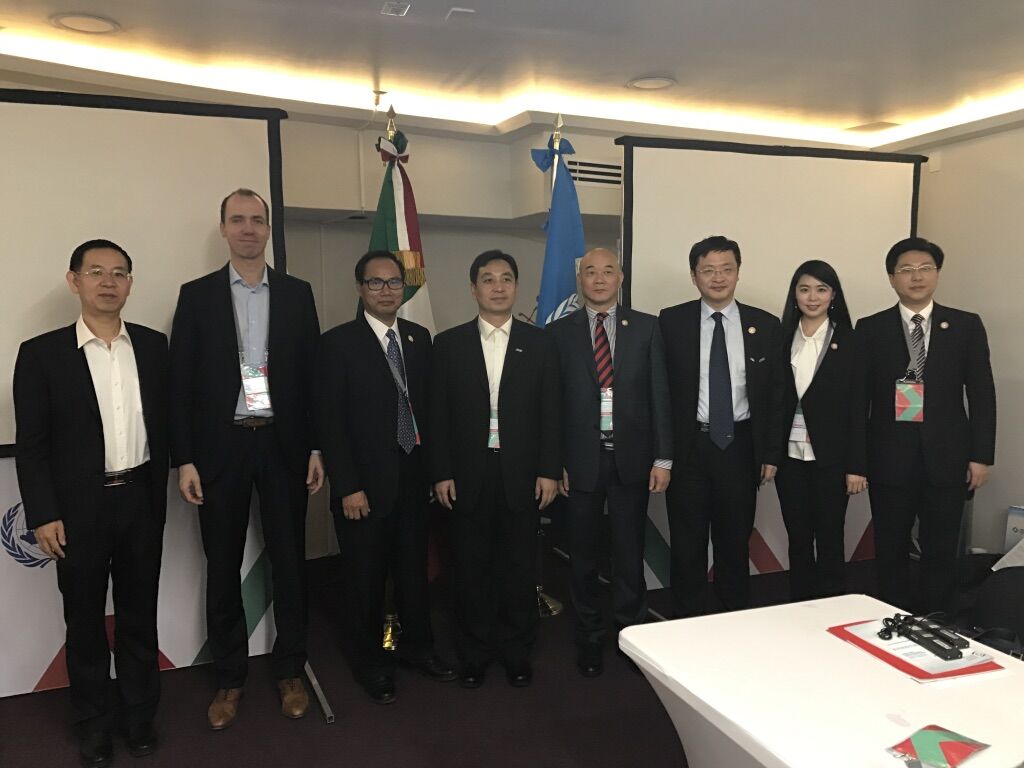
近些年,西方世界惊讶于中国经济的快速增长,这主要是因为根据西方资本主义的经验,商品经济繁荣的基础是自由价值观。然而,中国却在没有完全迈入“民主”和实现私有化的情况下,沿着一条史无前例的路径不断取得发展。中国改革开放的实践对于曾经视中国传统文化为落后停滞的西方价值观和原则来说是一记有力的反击。为什么一个“前社会主义经济体”可以成为比资本主义经济体更好的管理者呢?观察家们从中国的传统文化中找到了答案。
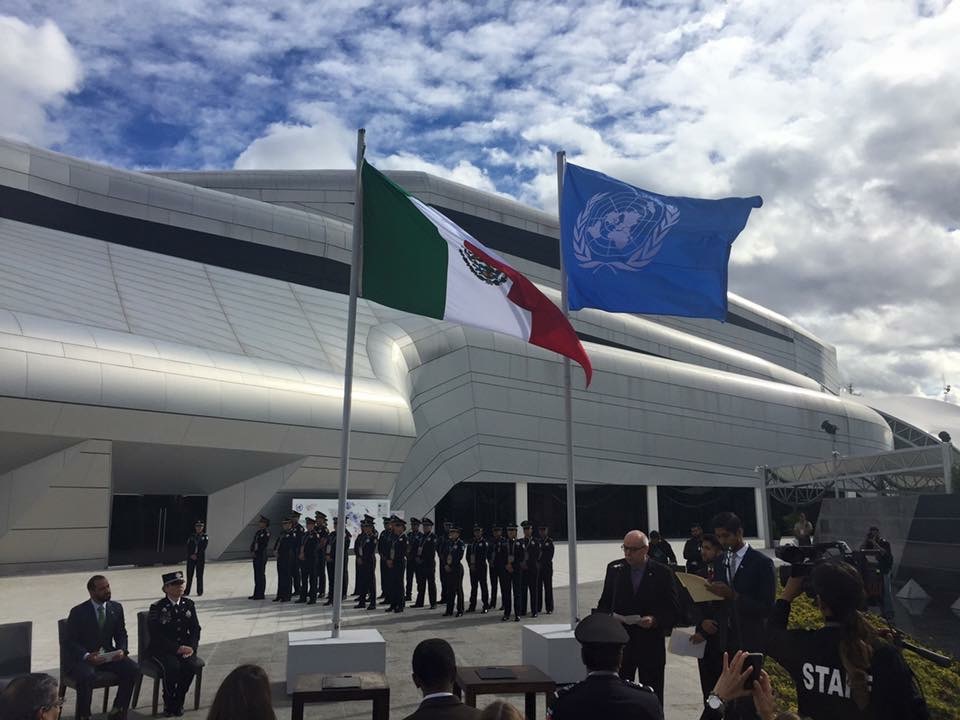
几个世纪以来,一些西方著名哲学家都曾公开谴责与抨击中国历代王朝文化,并声称儒家文化作为中国文化的主要来源,应为中国“缺乏进步、斗争和理性”负主要责任,而这些中国所缺乏的“进步、斗争和理性”正是西方启蒙和现代化进程的基石。他们认为,中国历史上只有帝王和士大夫阶层拥有“自由”和“自觉”,而绝大多数民众只能被动地遵从文化习俗和社会阶层的规约限制。儒家核心价值观中的“仁”、“义”教人各安其分,这使得中国丧失了求新求变的活力。而在他们眼中,中文更是中国文化停滞的最终表现。他们认为中文与西方文字不同,不表音只表形,因此汉字不能有效捕捉思想,这也使得汉语无法准确表达哲学和科学思想。
然而, 过去近四十年中国现代化所取得的卓越成就恰恰与西方对中国文化的预判完全相反,而这也印证了所谓的中国文化停滞论只是西方在寻求真理和理解自身历史文化发展时的一种假想。对此,基辛格已在其《论中国》一书中进行了公道和更具反思意义的解读。
今天,人们对于中国如何实现可持续发展,如何处理全球市场带来的困扰以及如何为全球治理结构和地缘政治稳定作出贡献等问题倍加关注,并且充满期待。但问题是,这一切背后中国所依赖的道德或文化基础是什么?对于这一问题的拷问也揭示出中国传统文化认知与意识形态之间的纠结。
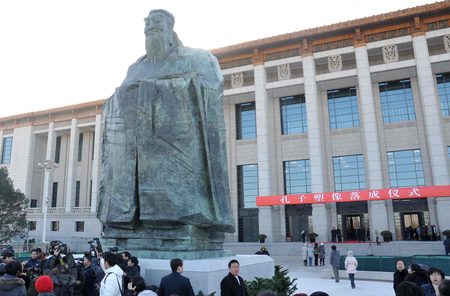
在相当一段时期内,中国为推进现代化而否定自身文化传统。毛泽东倡导“破四旧”,即破除旧思想、旧文化、旧风俗、旧习惯,传统文化被认为是“反无产阶级”和阻碍变革的。文革中,孔子被视作“不散的阴魂”。而今天,这种情况已经得到根本扭转。中国政府不仅在国内普及中国古典和汉语教学,而且还将其推广到国外。中国在“十三五”建设发展规划中对文化问题进行了专门论述,并提出要推动中国传统文化的发展。习近平主席的“中国梦”不仅旨在把中国建设成为经济强国,也要成为一个文化强国。
回归中国传统文化价值观是一个双重战略,并有其内在的意识形态功能。一方面,中国过去三四十年的市场经济建设和全球市场的兴起对社会主义价值观造成了冲击,因此宏扬传统文化不仅可以弥补价值观上的缺失,更可以为中国的发展赋予新的文化内涵。另一方面,推动中国传统文化的复兴,也有助于平抑因西方价值观长期占据主导而引发的全球失衡。
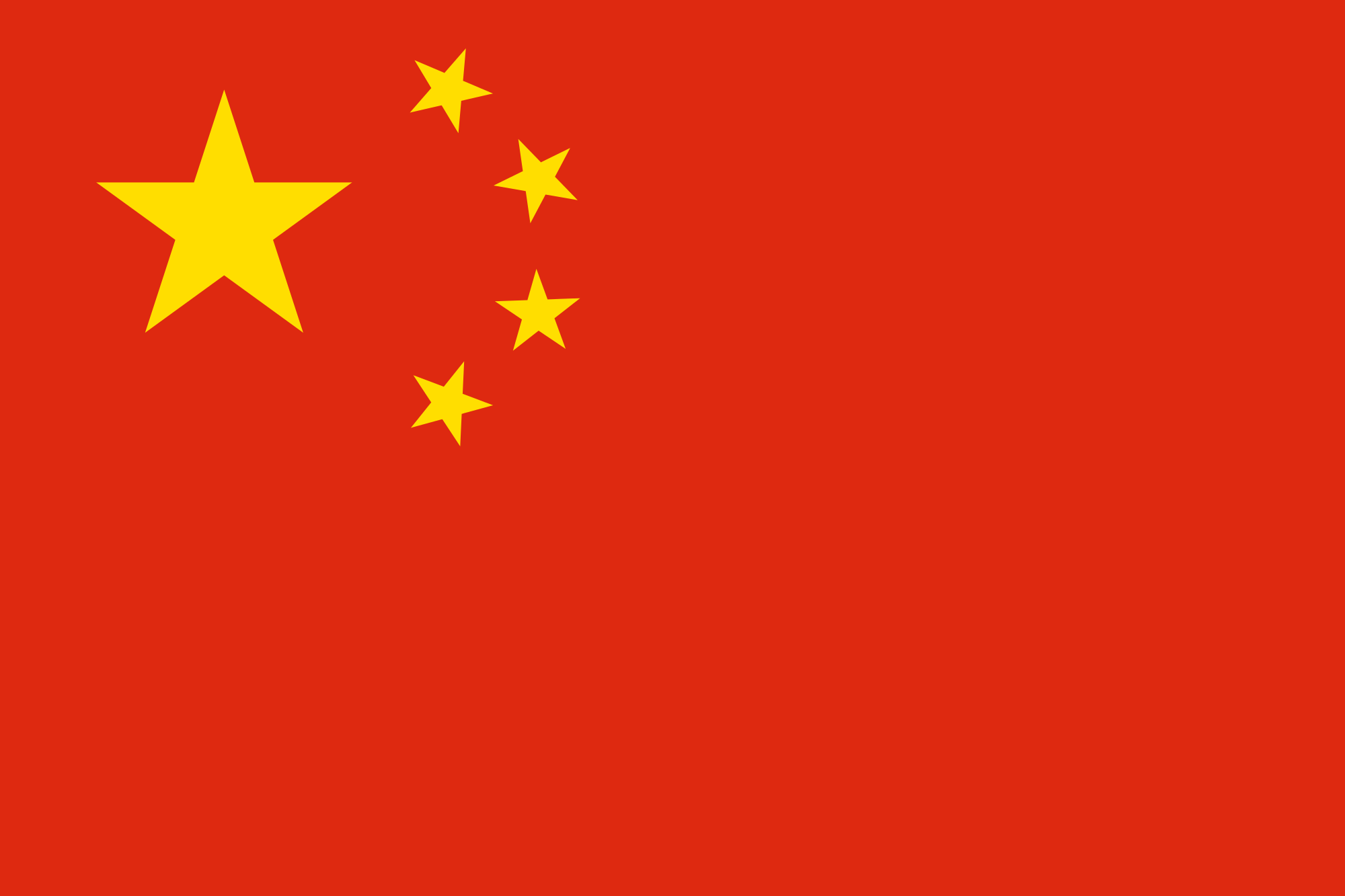
公平而论,中国传统价值观与美德对促进中国文明进步多有助益。比如,中国传统文化价值观中的“仁”教导人们要抑制自私自利,克制物欲,不要单纯追求世俗名利。如果没有以“仁”为代表的美德,个人的幸福和安宁就得不到保障,社会的凝聚力也无从谈起。因此,历史上曾经阻碍中国社会变革发展的传统文化,在一定程度上有助于抑制商品经济所产生的负面外溢效应。
然而,中国也应从资本主义的晚近发展中汲取一个重要的教训,那就是资本主义能够适应任何文化价值和原则,并将其转变成为资本主义的意识形态。西方,特别是美国就经历过这样一个漫长的演变期,是前车之鉴。中国的传统文化目前也受到国内"千禧一代"的挑战。这一代中国年轻人是最为个性化、西化的一代, 他们在生活中主要关注的可能只是自己智能手机的电量。
互联网能够极大地促进人类社会文化发展,拉近人与人之间的距离。然而互联网也使我们面临信息安全、意识操控等问题风险。随着人类社会数字化程度的不断提高,我们必须对这些风险加以审慎应对。
伊曼努尔·康德将允许人们发展自我意识的基本过程称为“理性的公共运用”(“public use of reason”)。“公共”意味着在反思和自由表达个人意见时不受限制,而公共环境则是社会发展、思想交流以及构建文化认同的必要条件。与之相对,康德又提出了“理性的私人运用”(“private use of reason”)的概念。所谓“理性的私人运用”是指个体因其社会角色限制不能公开表达自己的观点,例如,公务员因其角色特殊而不能随意公开表达他们的观点。
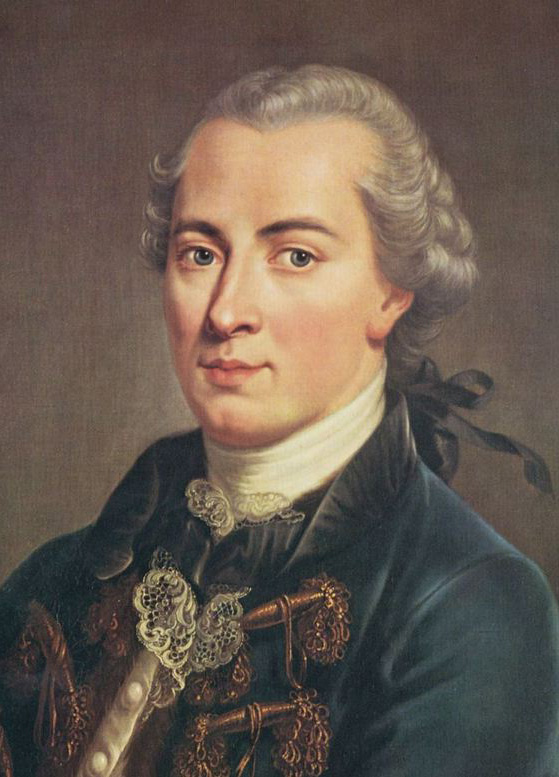
然而,人类的开放与公共意识正面临威胁。互联网的自由与“公共”运用同不断强化的“私人”控制之间已经形成矛盾与对立。首先,互联网被一些技术或行政与商业力量所割裂,比如,信息过滤技术、审查机构与制度、商业模式等。一旦被限制于互联网一隅,我们自由创造、发布与获取信息的能力必将被削弱,进而无法全面构建与不断丰富自己的文化身份认同。而导致互联网割裂的原动力来自于对经济利益的追逐与意识形态的分野。 其次,互联网被割裂和操控后,其本身也成为一种有效控制“理性的公共运用”的工具,比如“社交媒体机器人”。“社交媒体机器人”具有自动建立帐户、交友、点赞,以及发布和分享信息等功能。此次美国大选中,“社交媒体机器人”就通过在推特发推文对选举结果产生了很大影响,据估计,“社交媒体机器人”发布的支持特朗普的推文数量是支持希拉里的四倍多。此外,德国关于移民危机的公开辩论也受到了“社交媒体机器人”的影响,其中一些机器人甚至不在德国境内, 而其所发布的信息和意见明显倾向支持右翼民粹主义。这些网上自动产生的信息并不能客观反映公众的意见,极大地抑制了理性的公共氛围。
很显然,未来造成全球分野的断层线已不再存在于资本主义与社会主义之间,而是存在于开放与封闭之间。开放带来进步, 但资本主义正日益趋于并将导致封闭与技术的同化,这其中也包括那些最初旨在促进开放的技术,比如互联网。人类即将迎来第四次工业革命,互联网、大数据和人工智能将使我们的生活与工作变得更加智能化、自动化,但同时也使人类面临被操控的危险。联合国举办国际互联网治理论坛本身便说明了互联网割裂与操控的客观存在,但目前有关互联网中立性、网络安全以及全球公共利益等问题的讨论仍处于争议之中。为确保人类社会文化的开放与多元,我们在制定互联网治理政策时必须对资本主义的功能和意识形态领域的问题予以高度关注。特别是意识形态问题,因为意识形态的分野与对立不仅会阻碍人类社会的进步,更有可能会彻底瓦解要求开放的呼声。
Internet governance: culture in the time of global markets and the Internet
With the recent rise of populism and nationalism we increasingly experience a clash of cultures. This troubling development warrants a closer look at how culture is produced in the time of global markets and the Internet. The Internet has a strong value in itself, but it mainly intensifies an existing broader structure and historical development, which we need to take into consideration in the Internet governance debate.
UNESCO reminds us that cultural diversity and pluralism are the greatest achievement of our civilization. In our connected world, pluralism is the safeguard for cultural diversity. For us individuals, culture is existential. It provides identity, but without an open and reflective mind, cultural divergences also cause tension.
Now, to understand why cultural diversity and pluralism are being at risk, let us first look at a particular culture, such as China’s, and highlight how culture has been produced within and outside China.
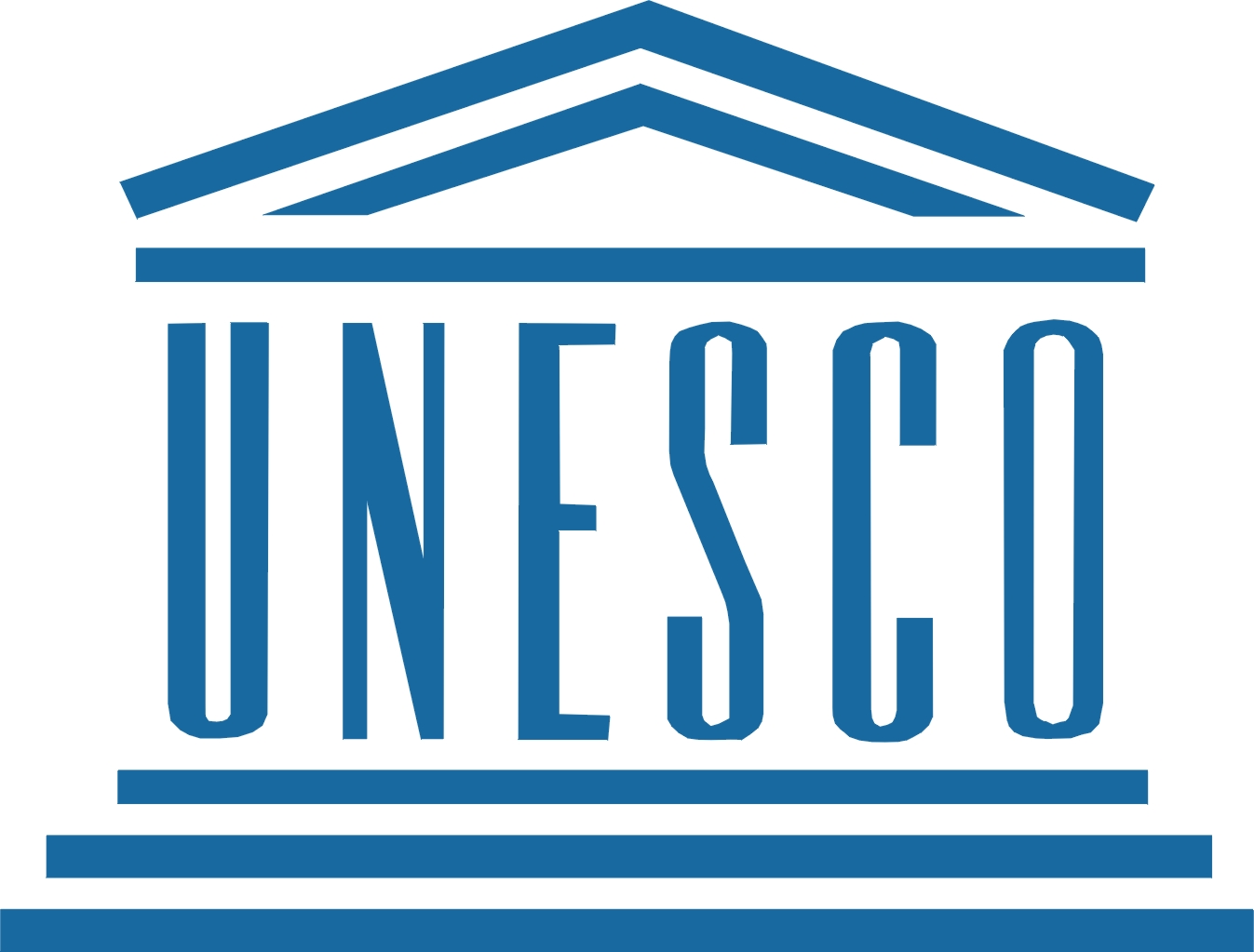
Until recently, we were utterly surprised about China’s fast economic growth, because the dominant Western experience of capitalism presupposed that liberal values were required for capitalism to flourish. China did not plunge into “overnight democratization” and privatization, but still developed in an unprecedented way. To explain why a formerly socialist economy has become an even better manager of a capitalist one, China observers found answers in China’s traditional culture. Paradoxically, what once was perceived as backward and stagnant (i.e., China’s traditional culture) turned out to strike the biggest blow against Western values and principles since China’s reform and opining up.
Over the centuries, prominent Western philosophers have literally denounced Imperial China and made Confucianism – the dominant source of Chinese culture – primarily responsible for the country’s apparent “lack of progress, struggle, and reason,” which are the very cornerstones of Western enlightenment and modernization. It was argued that only the emperor and a few intellectuals were “free” and “self-conscious,” whereas the majority of people unreflectively obeyed cultural habits and the social hierarchy. Benevolence, or humaneness, which is a core virtue in Confucianism, lacked the “impulse of perfectibility” and instead made the moral demand that people should sustain a naturally occurring order. The written Chinese language was the ultimate manifestation of Imperial China’s stagnation. It apparently captured only the images of things, but it did not register the sound of the spoken word like the Western alphabet. Hence, Chinese characters were thought to insufficiently capture thoughts, making the language unsuitable for a proper philosophical and scientific discourse.
Now, bringing back to mind the speed of China’s modernization over the past four decades, it is needless to say that those past Western views of Chinese culture simply provided a reverse image of a dominant Western Self, seeking truth and even justifying Western imperialism and colonialism. Obviously, it never occurred to those prominent thinkers why China was capable of building an “agrarian empire” in the first place and why it was able to sustain a structural equilibrium in its economy for so long.

Today, we are primarily concerned with how China will continue to grow but in a sustainable way, how it will cope with the domestic disruptions of global markets, and contribute to geopolitical stability. The question is, what will be the moral or cultural basis for China’s actions? The answer reveals another twist in the perception of Chinese traditional culture and its ideological underpinning.
Modern China has a long history of negating its own cultural traditions for the sake of modernization. Chairman Mao’s goal was to “smash the four olds”: old customs, old culture, old habits, and old ideas. The traditions were perceived as “anti-proletarian” and preventing change. Since the Cultural Revolution, Confucius had become a “wandering soul.”
Today, matters have reversed. The Chinese government is strongly promoting the teaching of Chinese classics and language not only within China, but also abroad. The new five-year plan has a dedicated section on culture work, promoting traditional Chinese culture. President Xi Jinping’s “China Dream” is to reestablish China as a great world power, not only economically, but also culturally.
This recent turning back on Chinese traditional values serves a dual strategy and thereby reveals its ideological function. On the one hand, promoting the market economy over the past three to four decades and the rise of global markets have rendered socialist values meaningless. Traditional culture is supposed to fill that void and provide new meaning. On the other hand, promoting Chinese traditions counters the dominance of Western values that led to the rise of capitalism and prosperity in first instance, but also to our global imbalances. This strategy might help the government and the Communist Party to regain and strengthen its legitimacy.
To be fair, traditional Chinese virtues and moralities can be a viable source for justifying actions. What apparently prevented change in China’s imperial past is now supposed to help tame the excess of capitalism in the future. Benevolence teaches us how to restrain ourselves from selfishness and self-interest, material consumption, and higher social standing. If those virtues were violated in past, individual happiness and tranquillity were jeopardized and the social cohesion of society was in danger.
However, a key lesson about late capitalism is that it can adapt to any cultural values and principles and turn them into an ideology. The West, and the United States in particular, have practiced such a “soft culture power” approach for a long time. Domestically, Chinese traditions are certainly challenged by China’s own 200 million millennials. This young Chinese generation is the most individualized and Westernized one whose main concern is probably the “battery power of their smart phones.”
What is the role of the Internet
The Internet has an enormous capacity to facilitate human progress, and it has narrowed the cultural distance between us and the distant other. However, the Internet bears the risk of centralising information and manipulating our consciousness. As we are living on the brink on total digitalisation, this risk must be taken seriously.
Immanuel Kant called the fundamental process that allows us to develop our consciousness the “public use of reason.” Public means that we can reflect on and freely express our opinions without restriction – just like what we are doing here right now. The public sphere is necessary for developing and exchanging ideas, and constructing our cultural identities. By contrast, Kant’s “private use of reason” refers to individuals who are restricted from expressing their views because of their role.
However, the development of our open, public consciousness is at risk. There is a separation between the free “public” use of the Internet and the increasingly “private” control of it. Such control and manipulation of our consciousness is achieved in two fundamental ways:
Firstly, through the technical, governmental, and commercial fragmentation of the Internet. If we are restricted only to a certain part of the Internet due to gatelands, censorship, filtering, blocking, geographic fencing, and other ways of limiting access such as business models that impede our abilities to freely create, distribute, and access information, then we are stifled and prevented from building our culturally rich identities – not just our online identities. Such fragmentation is not the result of the Internet, but of market forces and ideology – the power to sustain or alter our realities.
Secondly, within those fragments the Internet becomes very efficient in controlling the public use of reason. For instances, social media robots automatically set up accounts, make friends, provide likes, and post and share information. These “social bots” have already strongly impacted the result of the recent U.S. presidential elections. It is estimated that more than four times as many tweets were made by social bots in favor of Donald Trump than by those supporting Hillary Clinton. This is not to say that Clinton was not supported by social bots either. Another example: in Germany, the public debate about the migration crisis has also been impacted by social bots, of which some were located even outside Germany and had an interest in supporting right-wing populism. The danger is that such automated information does not represent public opinion but primarily seeks to limit the public sphere of reason. To avoid misunderstanding, certain closedness is necessary to ensure privacy, security and stability.
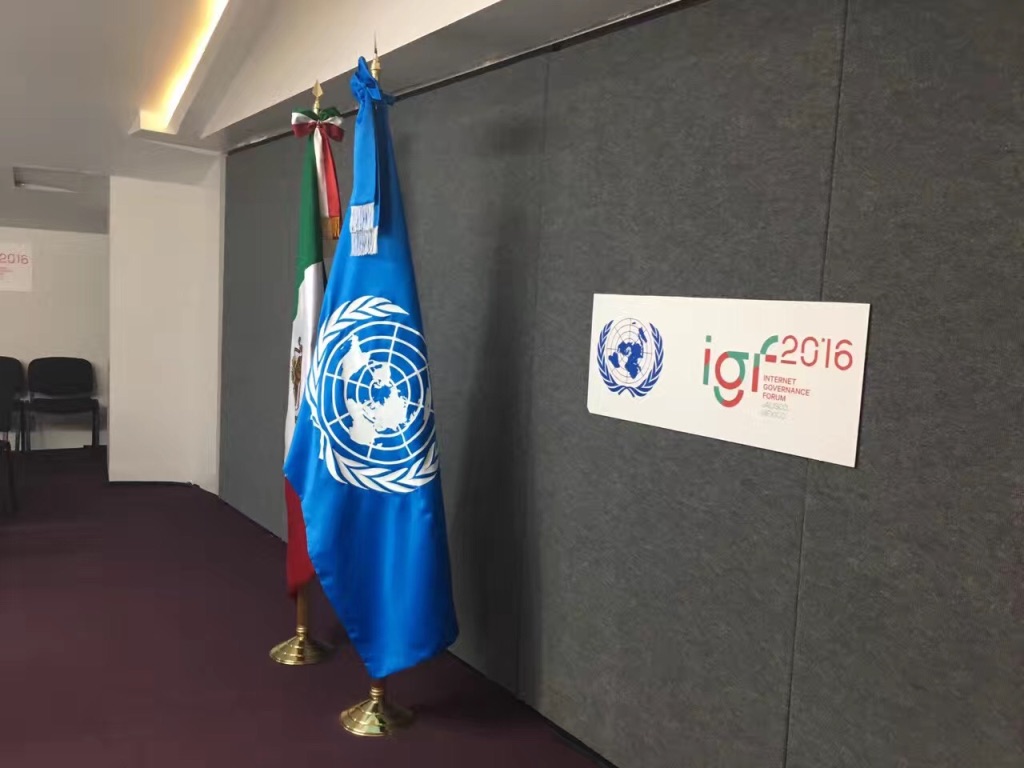
In summary, the new global fault line is no longer between capitalism and socialism, but between openness and closedness. Openness is what brings progress, but capitalism tends to lead to closedness and the assimilation of new technologies, including those that originally promoted openness, such as the Internet.
We are on the brink of the Fourth Industrial Revolution. Connectedness, big data, and artificial intelligence will help to automate our life and work, but they will also increasingly control our thoughts and beliefs. The existence of the UN’s Internet Government Forum demonstrates that fragmentation and manipulation are neither unexpected nor unprecedented, but the debate concerning network neutrality, cybersecurity, and the global public interest remains contested. To ensure openness and pluralism Internet governance policy must also take into account the very function of capitalism and ideology. Ideology can withhold progress and even undermine the newly emerging claim to openness.
On behalf of the Taihe Global Institute, this speech was presented at the United Nation’s Internet Governance Forum #IGF2016 during the session on China #OF23. Special thanks to the Cyberspace Administration of China and the Chinese Culture Institute of Internet Communication for hosting the session.